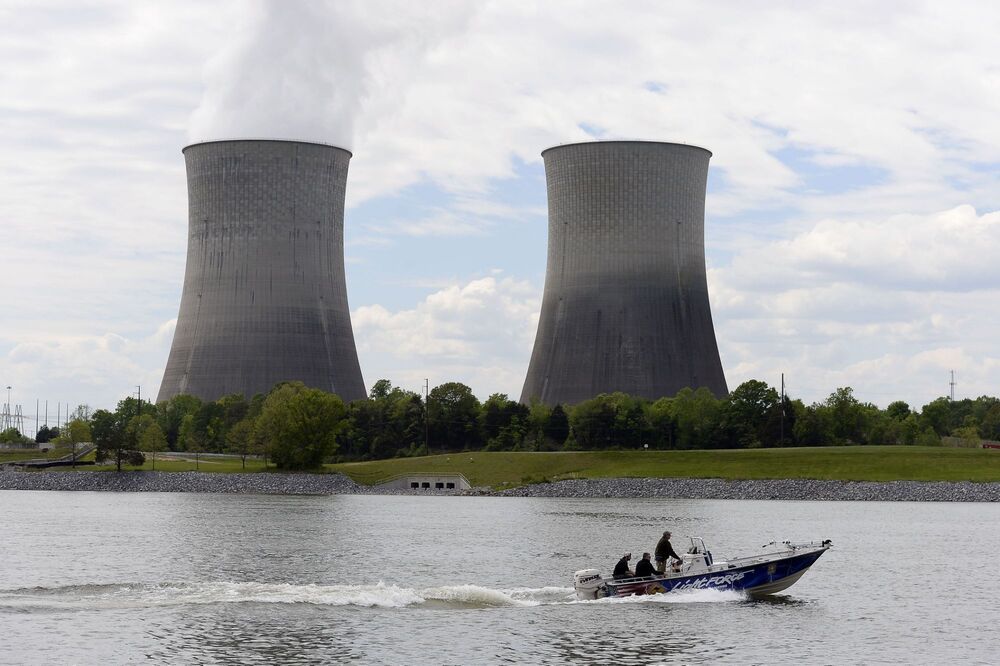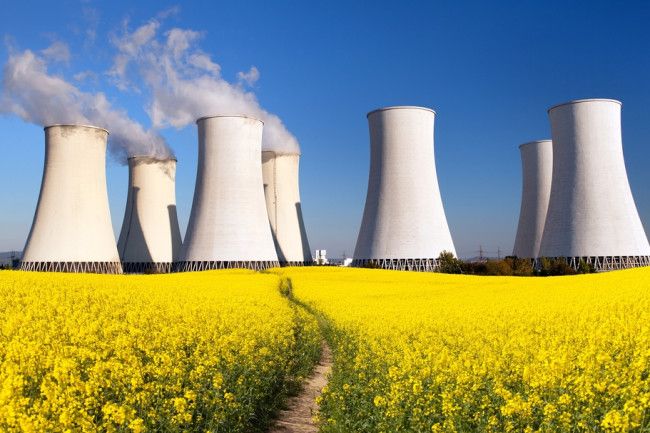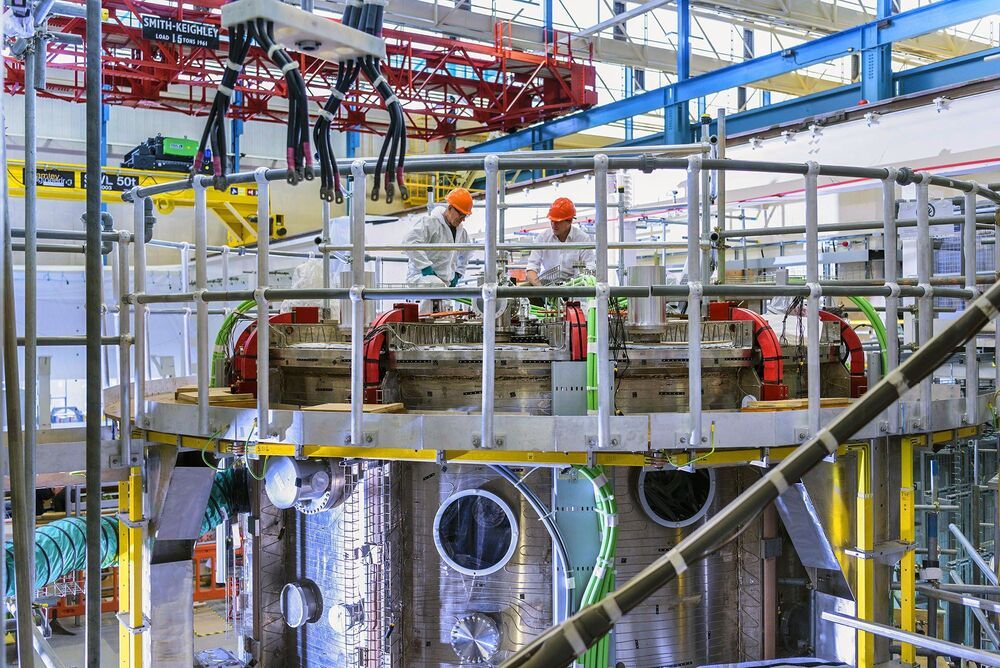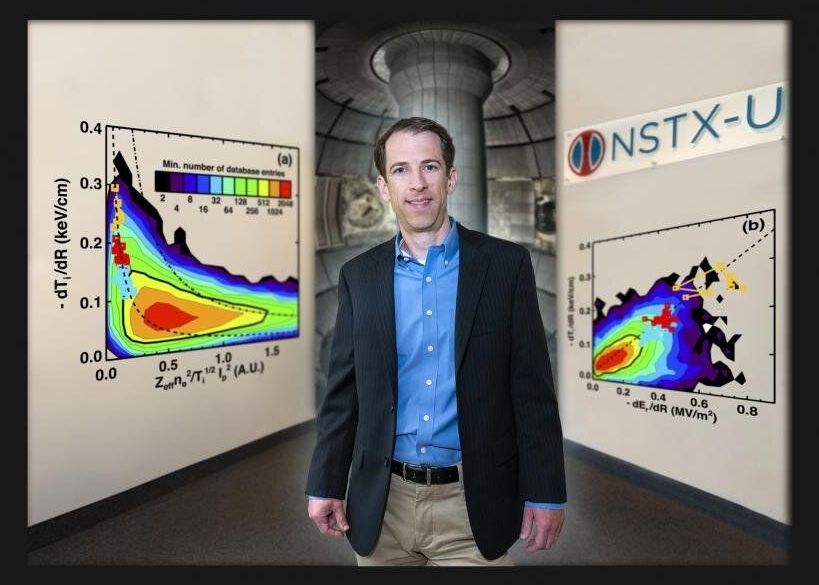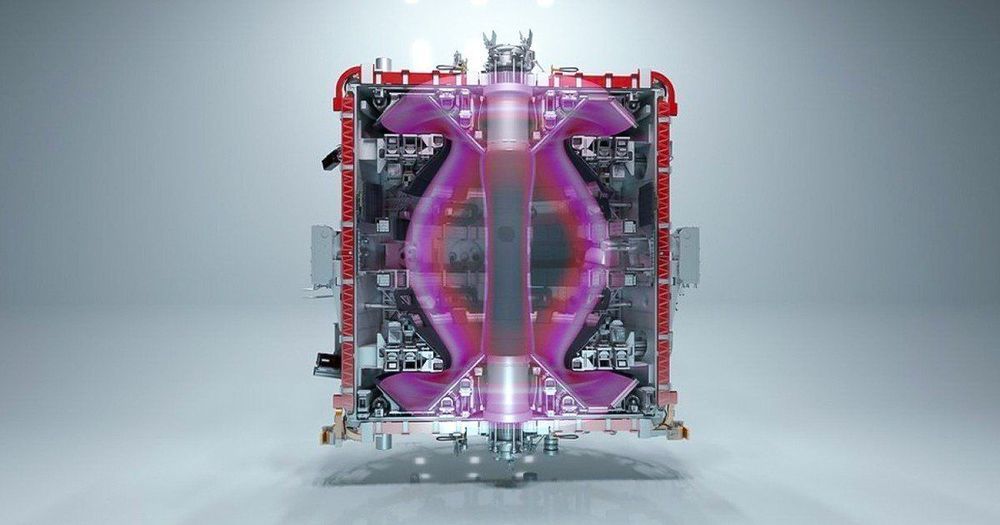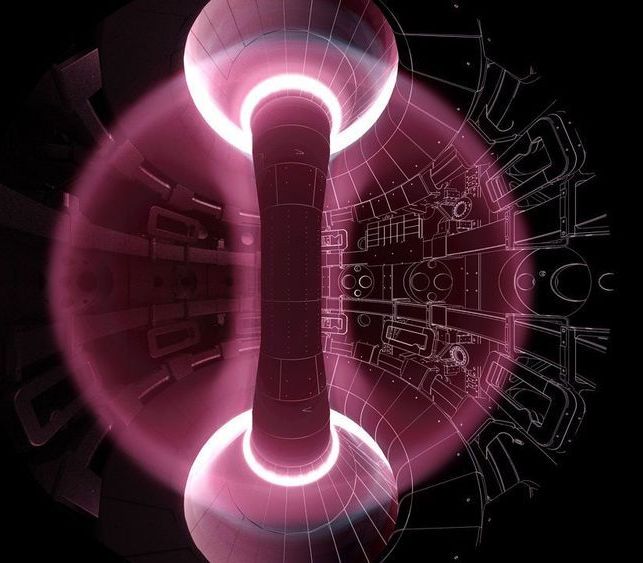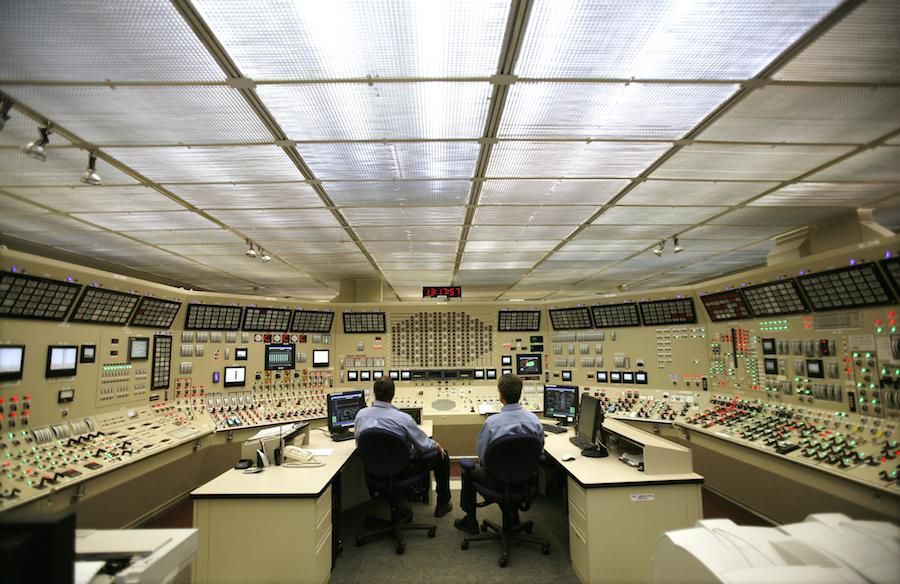The United Kingdom’s revamped fusion reactor, known as the Mega Amp Spherical Tokamak (MAST) Upgrade, powered up for the first time yesterday after a 7-year build. The £55 million device will be a testbed for technologies critical to all future fusion reactors, and may provide a stepping stone to a new design of energy-producing facility.
Tokamaks are the frontrunners in the decadeslong effort to generate energy by fusing light elements together. These doughnut-shaped vessels contain a superhot ionized gas—or plasma—of hydrogen isotopes that is constrained with powerful magnets and heated by microwaves and particle beams. (ITER, a gigantic tokamak under construction in France, is a major focus of global efforts to realize fusion power.)
MAST is a variation on the standard tokamak; it is shaped more like a cored apple than a doughnut. Researchers believe that shape can confer greater stability in the roiling plasma than a doughnut-shaped tokamak, but it is less well understood than the traditional design. MAST first tested the concept on a large scale starting in 1999 and has now been upgraded with extra heating power, new technology for extracting heat from the plasma, and other improvements. A parallel effort at the Princeton Plasma Physics Laboratory, called the National Spherical Torus Experiment (NSTX), was similarly upgraded. Soon after restarting in 2016, however, NSTX suffered a magnet failure and is now being rebuilt.
